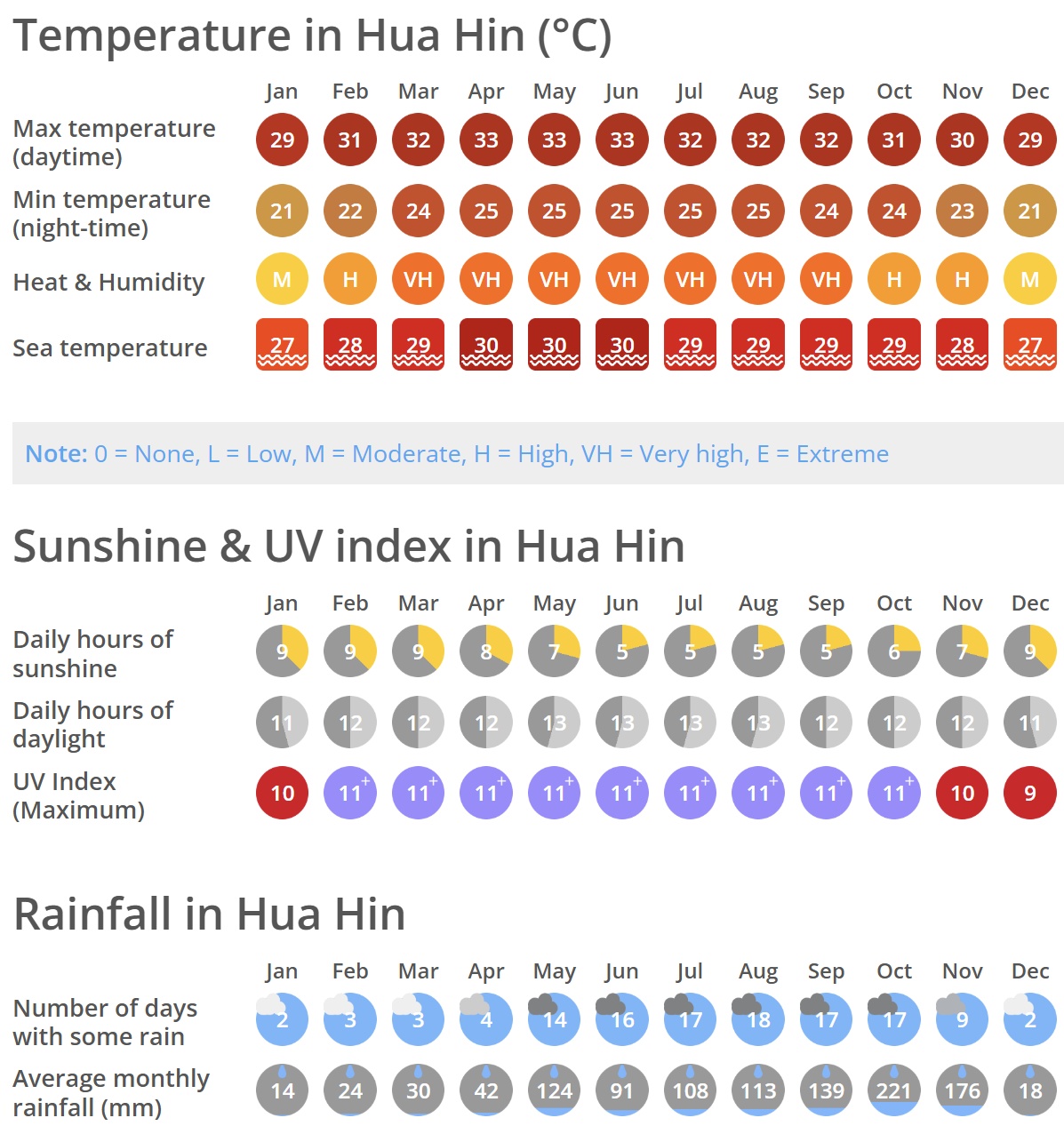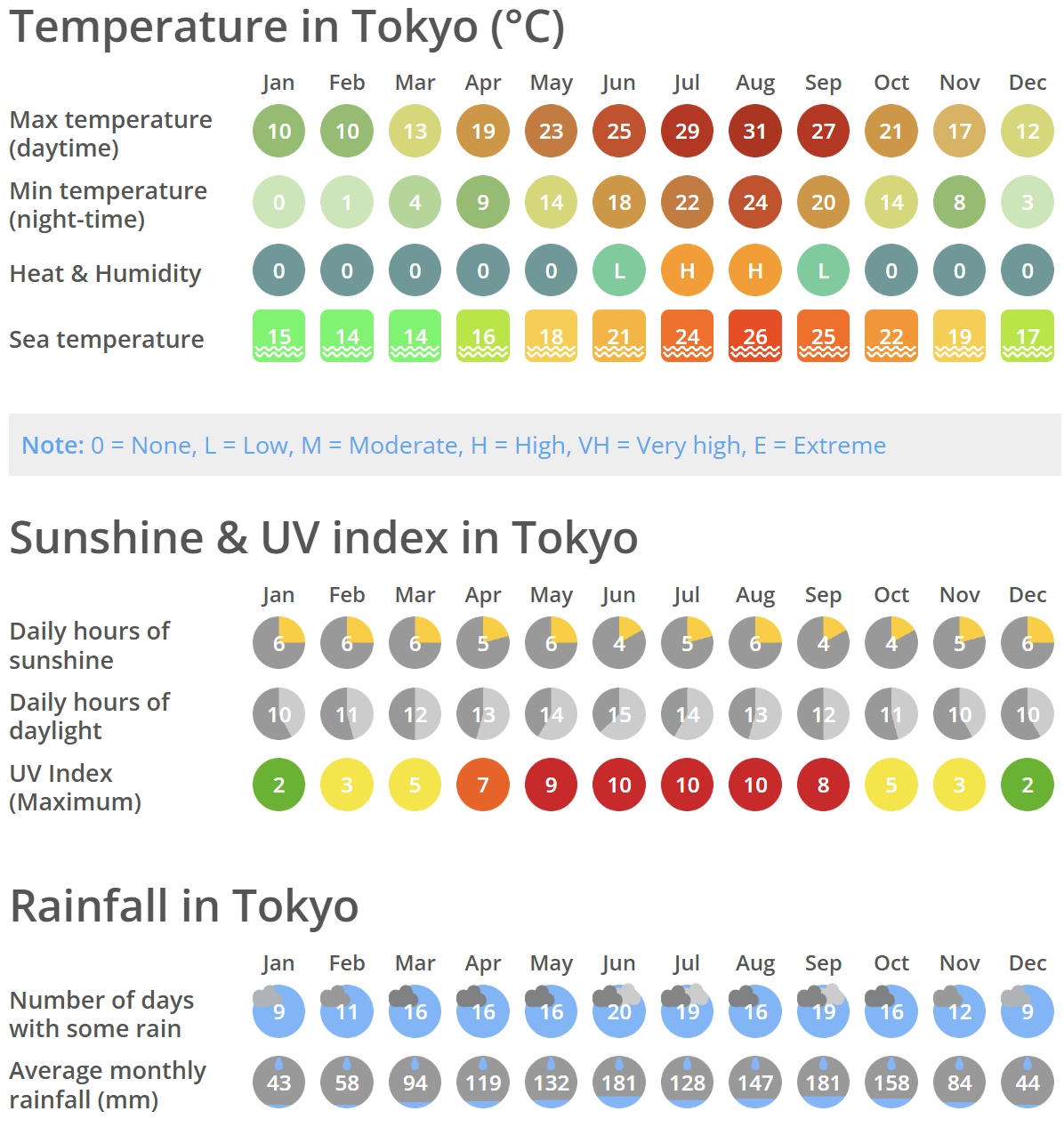語源
朝あさ 朗ほがら 明あけ の略。または、朝あさ 朧おぼろ 明あけ の略
あさぼらけ【朝ぼらけ】
(時間) 太陽が地平線上にまだ昇っていない時、空の薄明かりが朗らかに見える頃。
投稿者「phrh205455」のアーカイブ
AI is about to become smarter than us humans
As with every civilization-changing invention and discovery the emergence and development of AGI does and will raise many ethical, safety, and societal concerns, as it is AGI that has the power to overcome humans.
AI is considered “smarter” than humans in specific tasks
Wikipedia volunteers spent years cataloging AI tells. Now there’s a plugin to avoid them.
The web’s best guide to spotting AI writing has become a manual for hiding it.
++
Wikipediaの「AI検出ガイド」が、逆にAIを“人間らしく見せる”ためのマニュアルになっている
Wikipedia編集者たちが、AIが書いた文章を見抜くためにまとめたガイドが、いまやAIに「人間らしい」文を書かせるための指針として転用されている。
Monthly climate in Hua Hin, Geneva and Tokyo
2026 National Defense Strategy
 We will build, posture, and sustain a strong denial defense along the FIC. We will also work closely with our allies and partners in the region to incentivize and enable them to do more for our collective defense, especially in ways that are relevant to an effective denial defense. Through these efforts, we will make clear that any attempt at aggression against U.S. interests will fail and is therefore not worth attempting in the first place. That is the essence of deterrence by denial.
We will build, posture, and sustain a strong denial defense along the FIC. We will also work closely with our allies and partners in the region to incentivize and enable them to do more for our collective defense, especially in ways that are relevant to an effective denial defense. Through these efforts, we will make clear that any attempt at aggression against U.S. interests will fail and is therefore not worth attempting in the first place. That is the essence of deterrence by denial.
In this manner, DoW will provide the military strength for President Trump’s visionary and realistic diplomacy, thereby setting conditions for a balance of power in the Indo-Pacific that allows all of us—the United States, China, and others in the region—to enjoy a decent peace. At the same time, in the process of erecting a strong denial defense along the FIC, DoW will ensure that the Joint Force always has the ability to conduct devastating strikes and operations against targets anywhere in the world, including directly from the U.S. Homeland, thereby providing the President with second-to-none operational flexibility and agility.
Software as a service (SaaS) ⇒ Service as a service (SaaS) ?
Services make up over 72% of U.S. GDP. Globalisation, digitisation, and labour market evolution have all conspired to favour services over products in the grand scheme of the economy. In software, the first wave of servicification came with SaaS, but look closely and the mirage of services is dispelled, revealing underneath it nothing more than a billing model change. When Adobe ended perpetual licenses for Creative Suite in 2013 and moved to Creative Cloud, it didn’t change the product, only how you paid for it. Microsoft Office followed suit, with the entire industry doing the same soon enough.
Behind the SaaS, we’re still paying for tools users have to learn, manage, and operate, just now the product is rented monthly. SaaS is service in name, product in nature and all-round ARR-machine in intent.
Donald Trump’
Mark Carney (Prime Minister of Canada)
Over the past two decades, a series of crises in finance, health, energy and geopolitics have laid bare the risks of extreme global integration. But more recently, great powers have begun using economic integration as weapons, tariffs as leverage, financial infrastructure as coercion, supply chains as vulnerabilities to be exploited.
You cannot live within the lie of mutual benefit through integration, when integration becomes the source of your subordination.
The multilateral institutions on which the middle powers have relied – the WTO, the UN, the COP – the architecture, the very architecture of collective problem solving are under threat. And as a result, many countries are drawing the same conclusions that they must develop greater strategic autonomy, in energy, food, critical minerals, in finance and supply chains.
And this impulse is understandable. A country that can’t feed itself, fuel itself or defend itself, has few options. When the rules no longer protect you, you must protect yourself.
But let’s be clear eyed about where this leads.
A world of fortresses will be poorer, more fragile and less sustainable. And there is another truth. If great powers abandon even the pretense of rules and values for the unhindered pursuit of their power and interests, the gains from transactionalism will become harder to replicate.
Hegemons cannot continually monetize their relationships.
Allies will diversify to hedge against uncertainty.
They’ll buy insurance, increase options in order to rebuild sovereignty – sovereignty that was once grounded in rules, but will increasingly be anchored in the ability to withstand pressure.
日本の偽りの礼儀正しさ(小紅書への投稿)
この感覚をどう表現すればいいのだろう。まるでみんながそれぞれ透明なガラスのカプセルに入っていて、互いに姿は見えるし、表面上は丁寧にあいさつもする。でも、一生かかっても相手のカプセルの中に入ることはできない。そんな感じだ。
「今度ご飯行きましょう」というのは「もう二度と会わない」ということ。もし本気にして「いつ空いていますか?」と聞くと、相手はニコニコしながら内心「この人、空気読めないな」と思うのだ。
日本人の笑顔は「半永久メイク」みたいなもの。この笑顔は「仕事上の必要性」によって作っているだけであって本当にうれしいからではない。彼らは、心の中で何万回もこちらをののしっていても、表情一つ変えずに丁寧にお辞儀をすることができる。
日本で「他人に迷惑をかけない」という言葉の意味は「あなたも私に迷惑をかけるな」という含意がある。この極端なまでの境界意識は、確かに生活を便利にするものではあるが、同時に本当に息苦しい。転んでも誰も助けてくれないかもしれない。つらくても誰も声をかけてくれないかもしれない。みんながみんな、「他人に迷惑をかけない」ことに必死だからだ。
傲慢な者は傲慢さが極みに達した時に没落する(ハメネイ師)

In a televised speech from Tehran on Thursday, on the occasion of the anniversary of 1977 uprising against the Shah’s regime, Khamenei said: “As for that one (Trump) sitting there in his arrogance, speaking as if he judges the entire world, let him know that tyrants and oppressors throughout history – like Pharaoh and Nimrod, Reza Khan, Mohammad Reza (the Shah of Iran), and others like them – fell when their arrogance reached its peak, and this one will fall too.”



